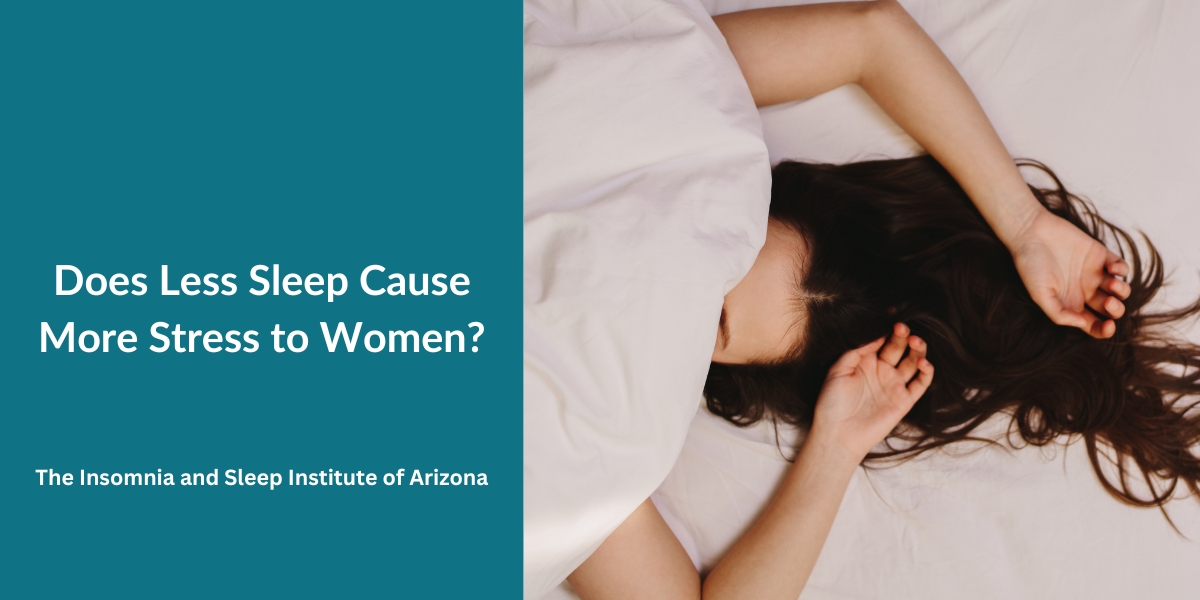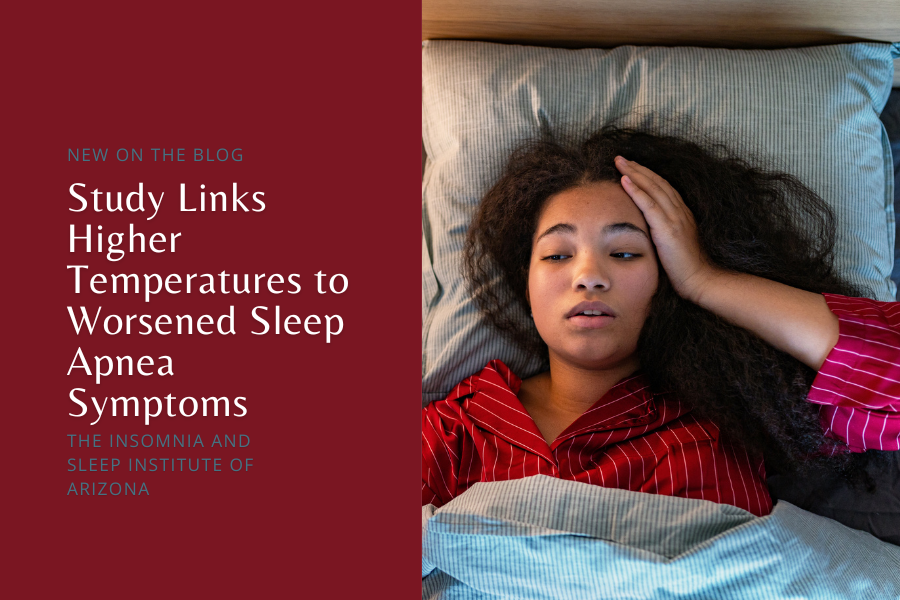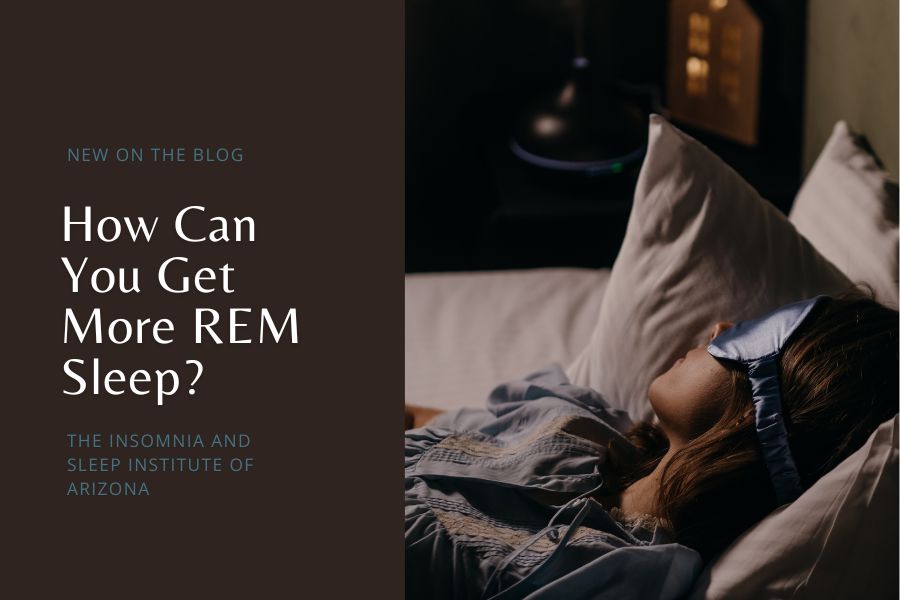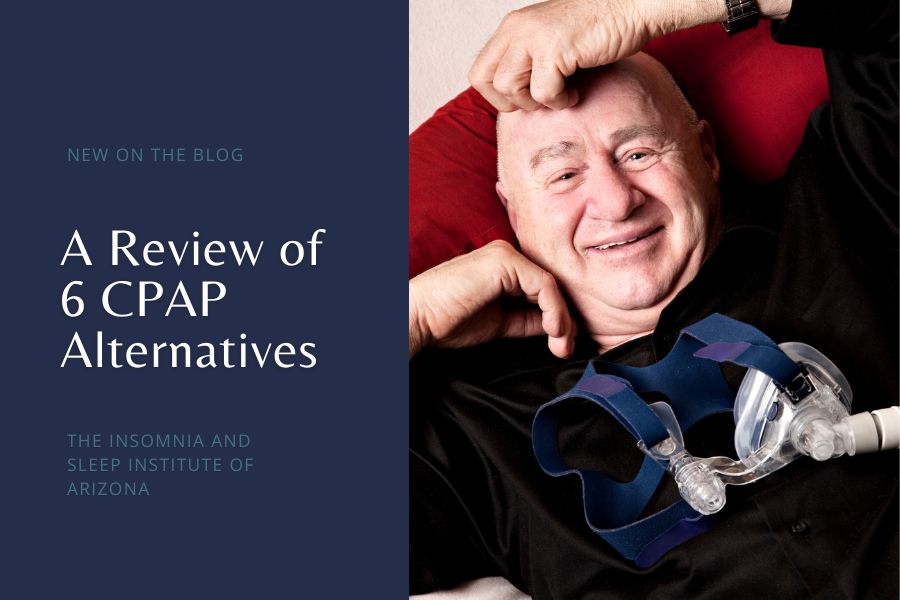According to the Office of Disease Prevention and Health, adults need 7 or more hours of sleep each night. But, quality is just as important as quantity. Regularly getting good, restful sleep ensures you wake up refreshed and ready to tackle the day.
However, in reality, women are getting less sleep and experiencing more sleep problems than ever before. And this lack of sleep can majorly impact their well-being, especially regarding stress.
Why Is Sleep So Important?
Just like food, humans need sleep to function properly. There are many reasons why getting the right amount of sleep is important. Specifically, it influences our overall well-being, brain function, mental health, physical performance, and more. Without adequate sleep, we may be unable to concentrate and process memories properly.
It Helps Our Brain’s Health
During sleep, the brain repairs itself and allows the neurons and cells to reorganize. The brainwaves also slow down, and the hippocampus, called the brain’s memory center, transforms short-term memories into long-term memories.
Also, brains have what we call the glymphatic system. It is like a “waste management system”. It works during sleep by carrying fresh fluids in tiny tubes into the brain, mixing them with old fluid around the brain cells, and then carrying the mix to the bloodstream to dispose of. Ensuring healthy cells and preventing neurodegenerative diseases like Alzheimer’s disease.
Promotes Mental Well-being
Poor sleep can worsen a few types of mental health problems, while mental health problems can make sleep issues worse.
Specific mental health issues like depression, anxiety disorders, bipolar disorder, schizophrenia, ADHD, and autism spectrum disorder are closely tied to sleep disturbances, affecting both the quality and duration of sleep.
Enhance Physical Health
The body then undergoes a natural restoration process, repairing tissues and fostering growth. Sleep can also improve our mood and energy, which we need throughout the day.
Additionally, it can prevent various illnesses such as diabetes, stroke, heart disease, and weight gain and can make us less sick, which may prevent us from doing our daily tasks.
Better Physical Performance
A study was conducted about sleep extension for college basketball players. It stated that during sleep extension, the athletes showed faster sprinting times and improved shooting accuracy (free-throw throwing increased by 9%, and a 3-point field goal increased by 9.2%).
They also reported that their physical and mental well-being increased throughout their practice. Meanwhile, even those who are not athletes can greatly benefit from good quality sleep.
With this, we can say sleep is essential, and not getting a good one can destroy one’s physical and mental health, resulting in stress. For women, sleep isn’t a luxury. It’s necessary as they face unique challenges only they can experience.
So, Does Less Sleep Cause More Stress to Women?
Studies like the Gallup report, published in April 2024, found that 57% of Americans would benefit more if they got enough sleep. Furthermore, only 42% of them said they were getting good sleep.
More and more people report that their sleep is insufficient to get through the whole day. For the past few years, adults getting a good night’s sleep, which is supposed to be more than eight hours, has dropped from 59% in 1942 to 26% in 2023.
Moreover, 27% of younger women aged 18-49 are experiencing less sleep, and 53% more stress than men, according to a Gallup poll. Overall, people who don’t get enough sleep, especially women, are more likely to deal with frequent stress than well-rested people, which may lead to chronic mental distress.
Why Women Might Feel More Stress and Less Sleep?
As we can see, there’s a clear link between sleep and stress, and several factors make sleep problems more frequent and impactful for women, such as biological factors and their roles in life.
Biological Factors
Research highlights some biological reasons why women might be more prone to sleep problems. First, menstruation can have a greater impact on women’s poorer sleep quality due to pain and discomfort.
Moreover, the study also reveals that women dealing with severe premenstrual syndrome often experience bad dreams, sleepiness, fatigue, and lack of concentration during their premenstrual phase.
Additionally, pregnant women reported they were experiencing sleep disturbance. This may be because of back pain, acid reflux, and other symptoms they may encounter. And when they enter the premenopausal stage, most of them may experience insomnia.
Biological Differences
Different studies show that women are more prone to certain types of sleep disorders. They are more likely to be diagnosed with sleep apnea (a disorder where breathing pauses and resumes while sleeping), insomnia (difficulty falling asleep), restless nights (sleep disturbances), and unwanted dreams.
Even so, sleep apnea, though more common in men, can be under-diagnosed in women. This may be due to women who have sleep apnea often experience different symptoms like daytime fatigue, insomnia, and mood swings, which can be mistaken for other conditions.
Life Factors
On top of that, single parents, particularly women, have more sleep trouble than men. This is backed up by the study entitled “Sleep Duration, Quality of Sleep, and Use of Sleep Medication, by Sex and Family Type.”
The result showed that 43.5% of single mothers slept less than 7 hours. They are likely to be exposed to trouble falling asleep. And if they sleep, they might still feel unrested when they wake up. While those in two-parent families had only 31.2%. Additionally, taking care of children, handling household responsibilities, and possibly working outside the home can give them less sleep.
Health Consequences
Not only that, poor sleep can also affect physical health. Women with sleep problems like insomnia are more susceptible to issues like heart disease.
How Much Sleep Do Women Need to Feel Less Stress?
As mentioned earlier, people should get at least 7 or more hours of sleep for optimal health. According to a study where they asses gender and time gap in sleep revealed that women need 11 minutes more sleep than men.
This is due to their work and roles in life. Nonetheless, the gap is small. But, regardless of gender, people should get good quality sleep because sleep loss can cause cortisol to increase in the body, making us more stressed and irritated.
Most Common Sleep Problems in Women
Here are some of the sleep disorders that are more common in women than men:
Sleep Apnea
Women with hormone problems have a higher chance of getting sleep apnea. Pregnant and menopausal women can also have them more. The reason is that their hormones are constantly changing.
Sleep apnea is a sleep disorder where breathing repeatedly stops, and when left untreated, it may cause loud snoring and other serious health problems.
Insomnia
One (1) in every four (4) women is likely to have insomnia symptoms. This may also be a result of their menstrual cycle. Mostly, they will still feel tired when they wake up and drain their energy. Sometimes, their mood is also affected.
Insomnia, to be exact, is a common sleep disorder in which the person has trouble sleeping and getting good sleep quality.
Restless Legs Syndrome (RLS)
RLS symptoms include uncomfortable feelings in the legs during the night. Based on research, women experience RLS more compared to men, especially when women are pregnant. While menopause makes it more common and severe. It suggests that estrogen found in women may be involved.
How Can Women Prioritize Sleep for Stress Management?
Luckily, some strategies can help women prioritize sleep even on their busiest schedules.
Set a Consistent Sleep Schedule
With strategic planning, women can still get a night of good sleep by having a consistent sleep schedule that regulates the body’s natural sleep cycle and boosts everyday productivity. Avoid frequent long naps during the day to maintain this rhythm. Make the room relaxing, choose soothing colors depending on preference, and clean regularly. Create a room that feels like a comfort zone.
Create a Calming Environment
Noise and light can largely affect the quality of sleep. Avoid noise distraction, or use earplugs to block unwanted sounds if they cannot be controlled. Invest in a high-quality mattress and pillows for full comfort and proper sleep support. Make the room relaxing, choose soothing colors depending on preference, and clean regularly. Create a room that feels like a comfort zone.
Exercise and Diet
Aim for 30 minutes thrice a week to improve sleep quality. Additionally, eating habits can affect sleep. Avoid eating too close to bedtime. It might cause digestion problems as late-night meals won’t be burned to convert to energy during sleep.
Try to eat foods that can help with sleep, such as kiwi, almonds, fatty fish, tart cherry juice, or drink milk. Reduce caffeine and alcohol intake, especially before bedtime, and expose yourself to natural sunlight when possible.
It’s Okay to Say No Sometimes
Women, especially those with big responsibilities inside their homes or work, often cannot say no when asked a favor. They sometimes need to put themselves first. They can set boundaries and have open communication about what they are feeling.
Other Underlying Issues
Other mental health problems such as anxiety, depression, and OCD can interfere with sleep quality. However, if the sleep problem becomes more severe or persists, consulting a doctor or a sleep specialist is best.
They can give the patient the proper medication, personalized treatment, and ways to help them lessen their sleep problem. Symptoms like consistent trouble falling asleep, staying asleep, or excessive daytime sleepiness should not be ignored. Early prevention is a must.
We Care About Your Sleep
The Insomnia and Sleep Institute of Arizona is dedicated to helping people achieve optimal sleep health. Our team of sleep specialists can diagnose and treat a wide range of sleep disorders, including insomnia, sleep apnea, and restless legs syndrome.
We understand the unique challenges women face when it comes to sleep, and we are here to help you develop a personalized plan to get the restful sleep you deserve.
We will take good care of you every step of the way. You deserve a good night’s sleep. We can help you achieve it.
Contact the Insomnia and Sleep Institute of Arizona today at (480) 745-3547 or complete our contact form.
References:
Alnawwar, M. A., Alraddadi, M. I., Algethmi, R. A., Salem, G. A., Salem, M. A., & Alharbi, A. A. (2023). The Effect of Physical Activity on Sleep Quality and Sleep Disorder: A Systematic Review. Curēus. https://doi.org/10.7759/cureus.43595
Blackwelder, A., Hoskins, M., & Huber, L. (2021). Effect of Inadequate Sleep on Frequent Mental Distress. Preventing Chronic Disease, 18. https://doi.org/10.5888/pcd18.200573
Burgard, S. A., & Ailshire, J. A. (2013). Gender and Time for Sleep among U.S. Adults. American Sociological Review, 78(1), 51–69. https://doi.org/10.1177/0003122412472048
Fioroni, S. (2024, April 15). Gallup.com; Gallup. https://news.gallup.com/poll/642704/americans-sleeping-less-stressed.aspx
Get Enough Sleep – MyHealthfinder | health.gov. (2021, August). Health.gov. https://health.gov/myhealthfinder/healthy-living/mental-health-and-relationships/get-enough-sleep
Leproult R;Copinschi G;Buxton O;Van Cauter E. (2021). Sleep loss results in an elevation of cortisol levels the next evening. Sleep, 20(10). https://pubmed.ncbi.nlm.nih.gov/9415946/
Mah, C. D., Mah, K. E., Kezirian, E. J., & Dement, W. C. (2011). The Effects of Sleep Extension on the Athletic Performance of Collegiate Basketball Players. Sleep, 34(7), 943–950. https://doi.org/10.5665/sleep.1132
Nowakowski, S., Meers, J., & Heimbach, E. (2013). Sleep and Women’s Health. Sleep Medicine Research, 4(1), 1–22. https://doi.org/10.17241/smr.2013.4.1.1
Nugent CN;Black LI. (2014). Sleep Duration, Quality of Sleep, and Use of Sleep Medication, by Sex and Family Type, 2013-2014. NCHS Data Brief, 230. https://pubmed.ncbi.nlm.nih.gov/26766187/
Thurston, R. C., Chang, Y., Kline, C. E., Swanson, L. M., Samar, Jackson, E. A., & Derby, C. A. (2024). Trajectories of Sleep Over Midlife and Incident Cardiovascular Disease Events in the Study of Women’s Health Across the Nation. Circulation, 149(7), 545–555. https://doi.org/10.1161/circulationaha.123.06649
Sleep Apnea and Women. (2022, March 24). NHLBI, NIH. https://www.nhlbi.nih.gov/health/sleep-apnea/women








